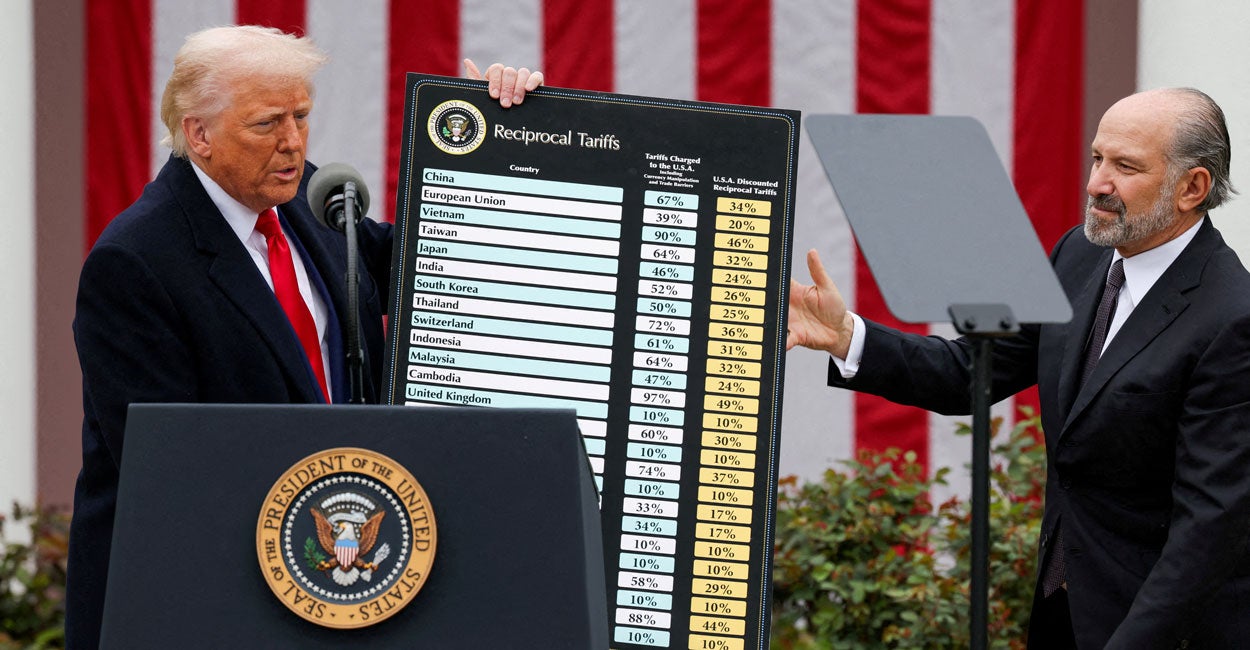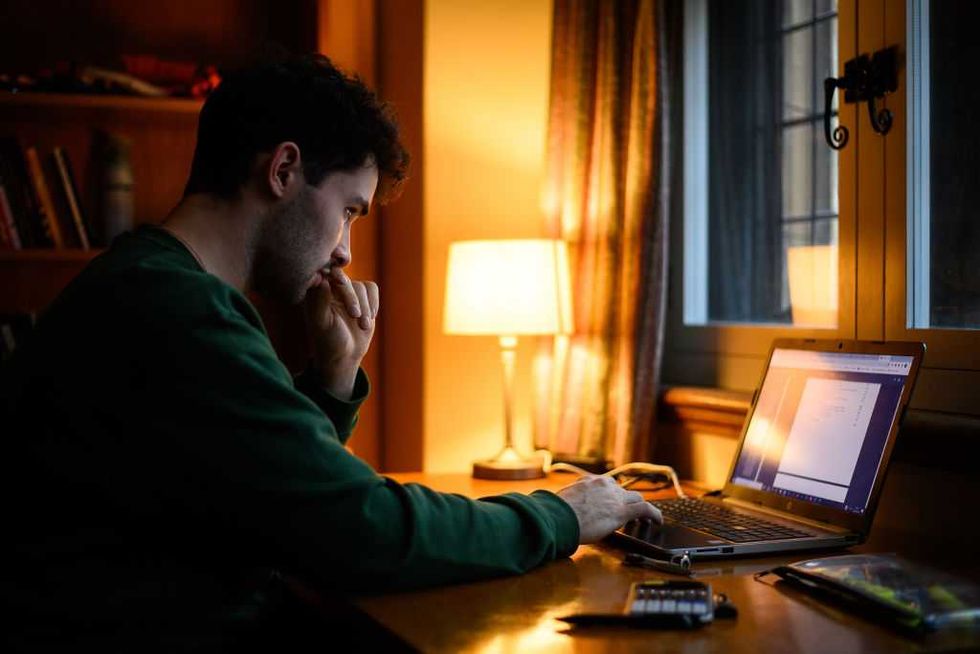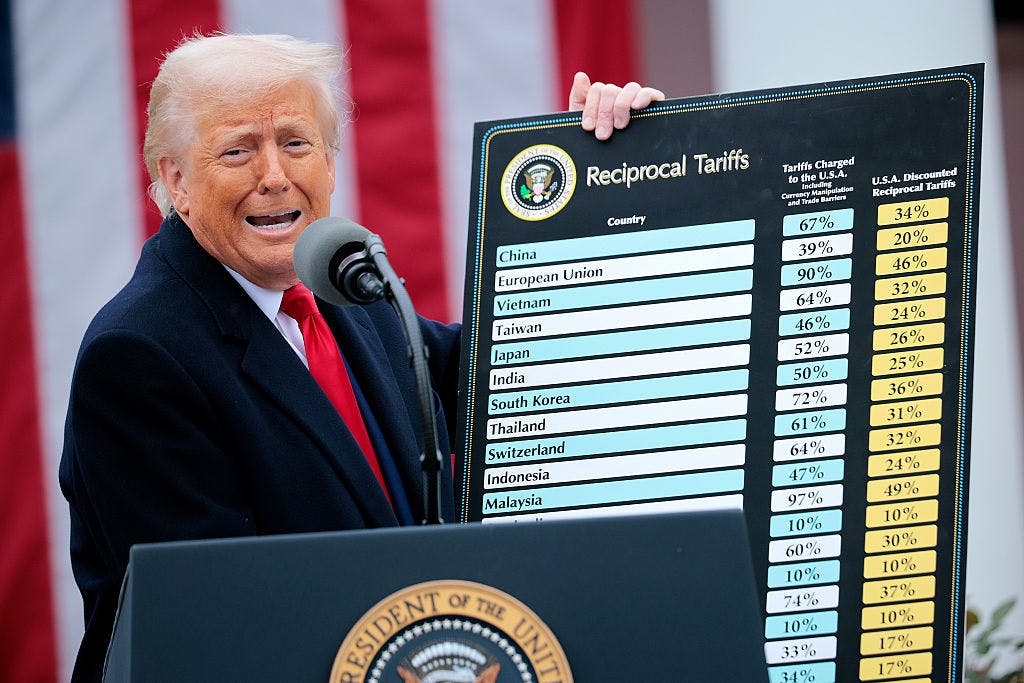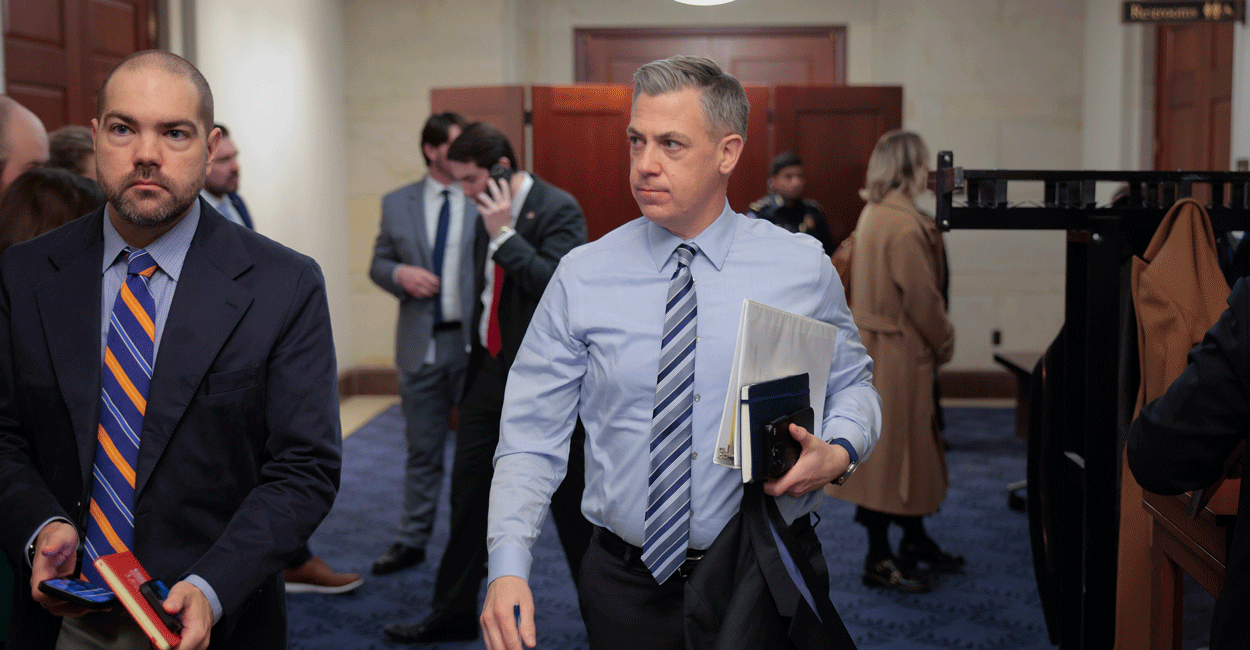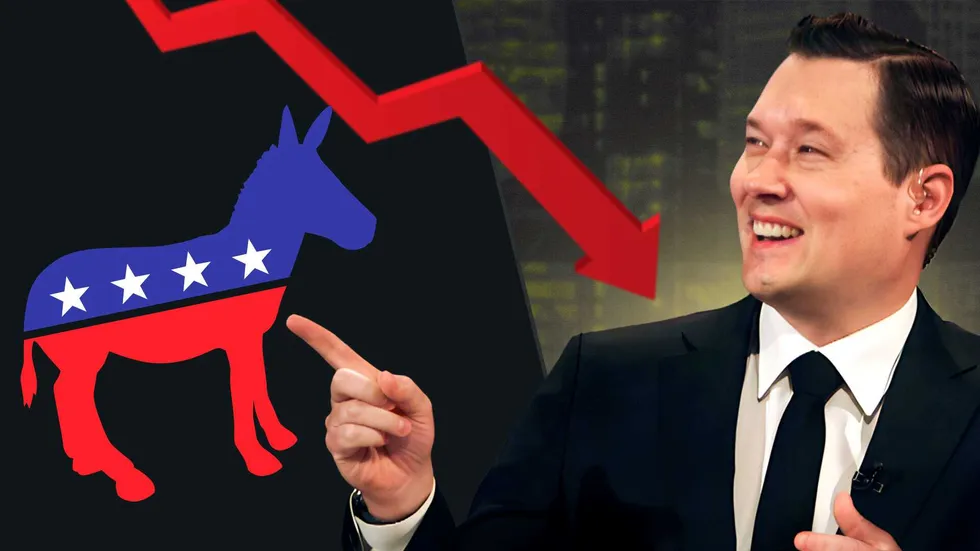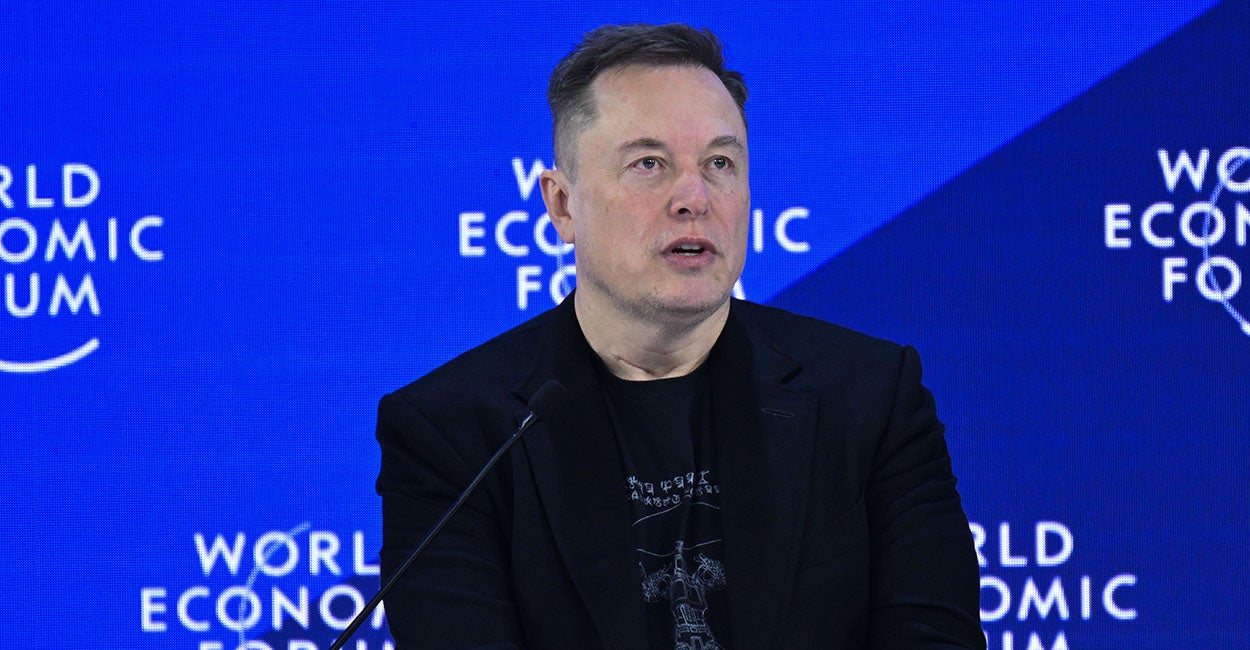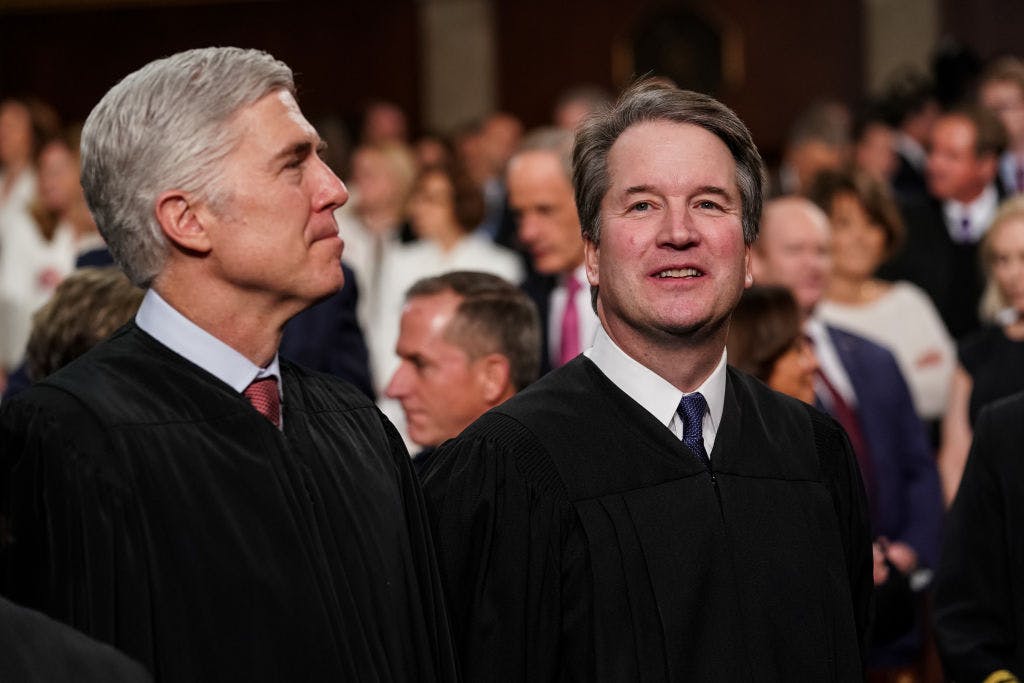GLP-1s Are a Miracle, Let’s Not Ruin It
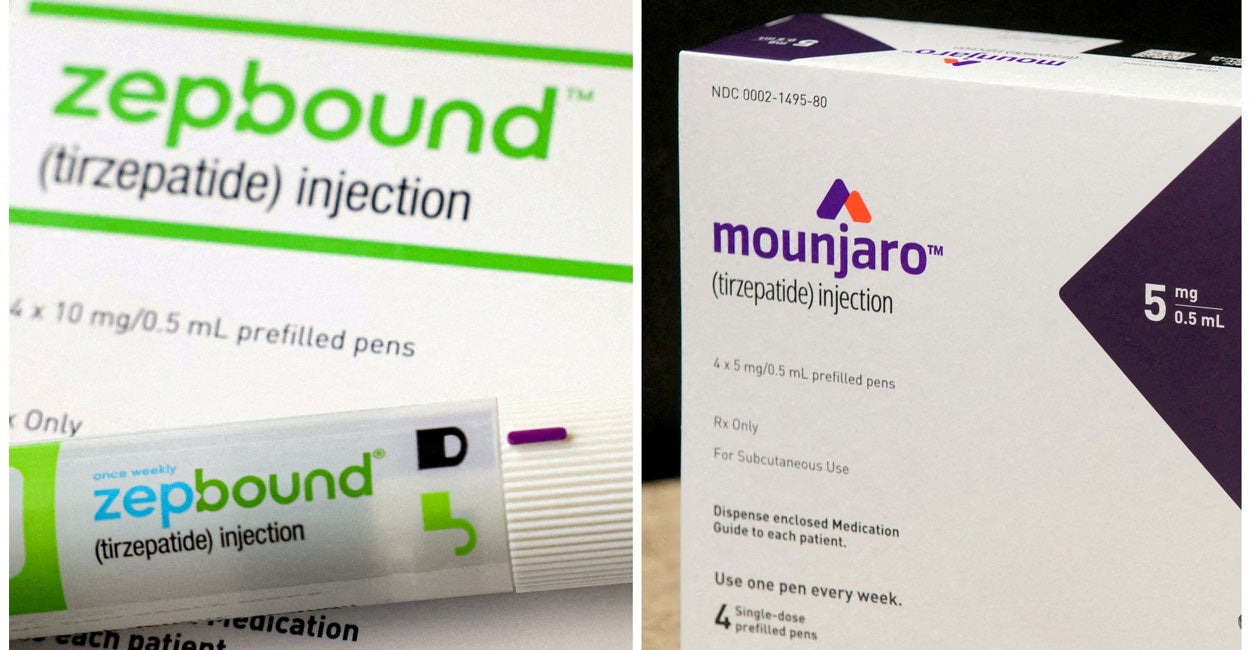
GLP-1s are helping Americans live better, but Washington has major work to do on safety.
Live Your Best Retirement
Fun • Funds • Fitness • Freedom
A lot has been happening this fall with the rocket ship rise of GLP-1 weight loss drugs. In September, the Food and Drug Administration announced a “green list” to stop the importation of counterfeit GLP-1 active pharmaceutical ingredients into the U.S., and then came news of Costco partnering with Novo Nordisk on a discount for uninsured members of the popular warehouse retailer. All this led up to the blockbuster White House announcement of a deal on discounted doses for Medicaid and Medicare recipients.
As we head into the holidays and Americans eat and spend at extraordinary rates, there’s a growing case for optimism about GLP-1s, and for the government to do more to keep consumers safe.
Most Americans have witnessed the Ozempic boom firsthand; one in eight people say they’ve taken a GLP-1 drug at some point, and even more know someone taking the treatment. Weight loss tactics have changed fast, so much so that Weight Watchers filed for bankruptcy, and dieting influencers have been flocking to this new frontier.
Skeptics of these treatments have pointed to unanswered questions about who can prescribe them, the very real problem of counterfeit versions easily found online, and ethical concerns about weight-loss drugs disincentivizing behavioral changes that contribute to obesity in the first place.
In fact, the most recent research shows that GLP-1 users eat less and save more money, as their grocery budgets drop by about 11%. Household budgets then shift toward new, slimmer apparel and fitness-wellness spending. Gym memberships are up, even after the initial enthusiasm fades for people shifting toward a healthier lifestyle.
Far from being a drug that promotes gluttony or enables binge eating behaviors, GLP-1s are freeing patients from a hamster wheel of weight gain and poor health outcomes. With the hopelessness factor reduced or removed altogether for obese individuals, the data show a turn toward exercise, eating out at full-service restaurants, and spending more time with people.
When obese Americans aren’t snacking all day and wrestling with a cycle of shame related to weight, they’re out in the world investing in relationships and quality meals. It’s hard to argue against the positive nature of these trendlines, even as questions remain about advances in oral dosage and which biological factors contribute to the best results.
Getting hung up on philosophical debates about willpower and the virtue of self-control doesn’t do anything to improve people’s lives.
As Matthew Haug at the College of William & Mary has pointed out, we’re now confronted with an opportunity to totally rethink “appetite” and how it can be managed. Impulse control can be sharpened in early childhood, and that should be prioritized, but medical innovation can and already is filling in the gaps.
Harm reduction advocate Maia Szalavitz wrote for the New York Times about how GLP-1s have been working in select cases to curb hard drug addiction in recovery patients.
The threat for consumers is, of course, the illicit “gray market” online for cheap knockoffs from overseas. Consumers are grabbing these for the suspiciously lower prices, and health officials, as well as lawmakers, need to stem that flow. Counterfeit products can be quite harmful, totally inactive, or contain the wrong dosages. This has resulted in adverse events for a segment of users.
Large-scale seizures of counterfeit weight-loss drugs by Customs and Border Protection are welcome news. 16,740 unapproved weight loss medications not on the FDA’s green list were taken out of circulation in Ohio, but much more has to be done as the popularity of GLP-1s increases.
Roughly 8% of Americans are using GLP-1s as of this year, and nearly 35% are considering it. The market is going to grow even more, very rapidly. The responsibility of U.S. regulators and lawmakers is to protect consumers as that unfolds, and work with pharmaceutical firms on policies that expand access to safe, accountable weight-loss medications.
We publish a variety of perspectives. Nothing written here is to be construed as representing the views of The Daily Signal.
The post GLP-1s Are a Miracle, Let’s Not Ruin It appeared first on The Daily Signal.
Originally Published at Daily Wire, Daily Signal, or The Blaze
What's Your Reaction?
 Like
0
Like
0
 Dislike
0
Dislike
0
 Love
0
Love
0
 Funny
0
Funny
0
 Angry
0
Angry
0
 Sad
0
Sad
0
 Wow
0
Wow
0


